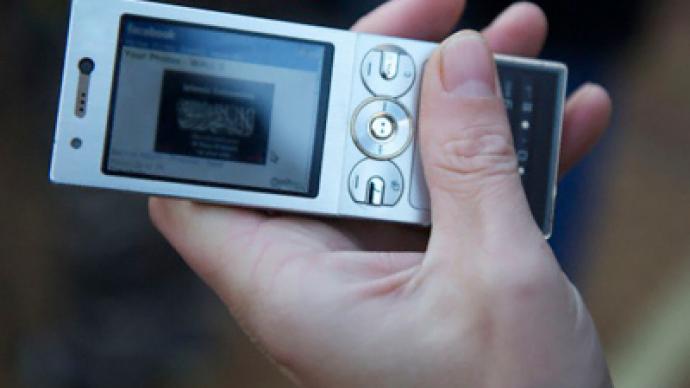US police wage war on cameras

Today’s high tech world has made it a lot easier to videotape police, but it may have also made it more dangerous.
Cell phone video captured a tense confrontation at a bus stop between a student and a Los Angeles police officer last May. The incident landed 18 year-old Jeremy Marks in jail facing a possible seven year prison sentence.The problem, as the video shows, Marks did not have any physical contact with the officer. Marks’ crime was simply videotaping the police officer.The video shows Marks standing near the police officer with his cell phone out.He was arrested a short time later and was stuck in jail because his family could not afford the $155,000 bail set by the judge.A Google engineer, who heard the story, stepped in and paid for Marks’ bail so he could spend Christmas with his family. This is not the first time that someone has faced major legal trouble after capturing a police officer on video.Last April, Anthony Graber posted a video on You Tube, which showed a Maryland police officer pulling a gun on him. Days later, Graber was arrested and faced up to 16 years in prison for recording a cop. The official charges were violating wiretapping laws and possession of an intercept device. Law enforcement is citing decades old laws to address technology that has only been around for a few years, leaving people uncertain of when recording becomes a crime. Eventually the felony charges against Graber were thrown out.Jeremy Marks’ mother is hoping felony charges against her son, including a charge of attempted lynching for supposedly yelling, “kick her ass,” will also be dismissed.“The charge of lynching, I was just floored by that, cause I know what it means to African American people,” said Rochelle Pittman, Marks’ mother.The fact that police departments are cracking down on officers being videotaped, is not lost on the west coast, where the Oscar Grant killing is still fresh in people’s mind. The video of the deadly police shooting shook the nation and was a key piece of evidence in the trial of the officer who shot an unarmed black man.Even with the video, the officer who pulled the trigger was given what many consider an outrageously lenient sentence.A white police officer who was caught on camera killing a man received a two year sentence, while a young black man faces seven years in prison after videotaping a cop on duty.Perhaps another reason why now more than ever, there should be more eyes and perhaps more cameras on the police.Radley Balko, a senior editor at Reason Magazine said the police do not like to be held accountable and recent crack downs are a dangerous sign. Even prosecutors are not sure what the law says. It’s ambiguous and confusing and many times over classified. In Illinois, he explained, the classification of the crime of filming public officials is the same as rape.“What needs to happen is that congress or state legislatures need to pass laws making this explicit that you have a constitutional right to record government officials in public while they are on duty, without that there will be always be that ambiguity,” Balko said.In many cases the videos show the police are clearly in the wrong. The video proof should support a call for greater accountability to the public via filming. He said the American people favor a right to film and free speech as a whole, but politicians do not want to upset the police or police unions.
George Hemminger, a YouTube commentator from Survive and Thrive TV said simply recoding public officials in public should not be a crime. These laws target everyone from citizen journalists to those just having fun with their cameras. “It’s actually shocking,” he said. “I can’t believe in America, a free country, we are putting people in jail because they are recoding police officers doing their jobs.”Hemminger said the District Attorney is trying to say if you record an officer, you will be put u in jail and your life will be made miserable. They are sending a message to the African American and innercity youth, but it affects all Americans because it targets the freedom of speech and the freedom of the press.“So what, CNN, CNBC, MSNBC, they are the only ones allowed to film police? Common bread and butter Americans aren’t allowed to use their camera cell phones? It’s ridiculous!” he commented. The police have and use cameras, public streets are covered with cameras, noted Hemminger. The government has no problem recording themselves and its citizens, but if average citizens record it’s illegal. He explained that when a positive video surface, there are no charges, but as soon as a negative video shows an officer acting inappropriately it’s another story. “It’s scary to me that we have come thing low that we have to threaten Americans for just turning on their cell phone,” Hemminger said. The police should be observed, they should worry about being watched in order to encourage them to think about what they do and should use more restraint. There needs to be greater accountability and training for police officers, he argued.












